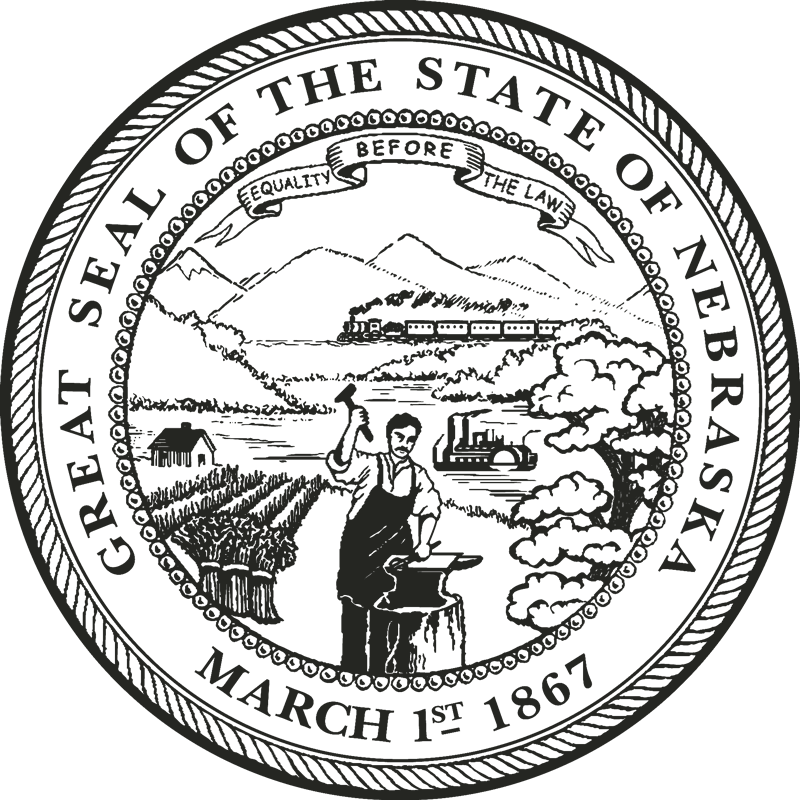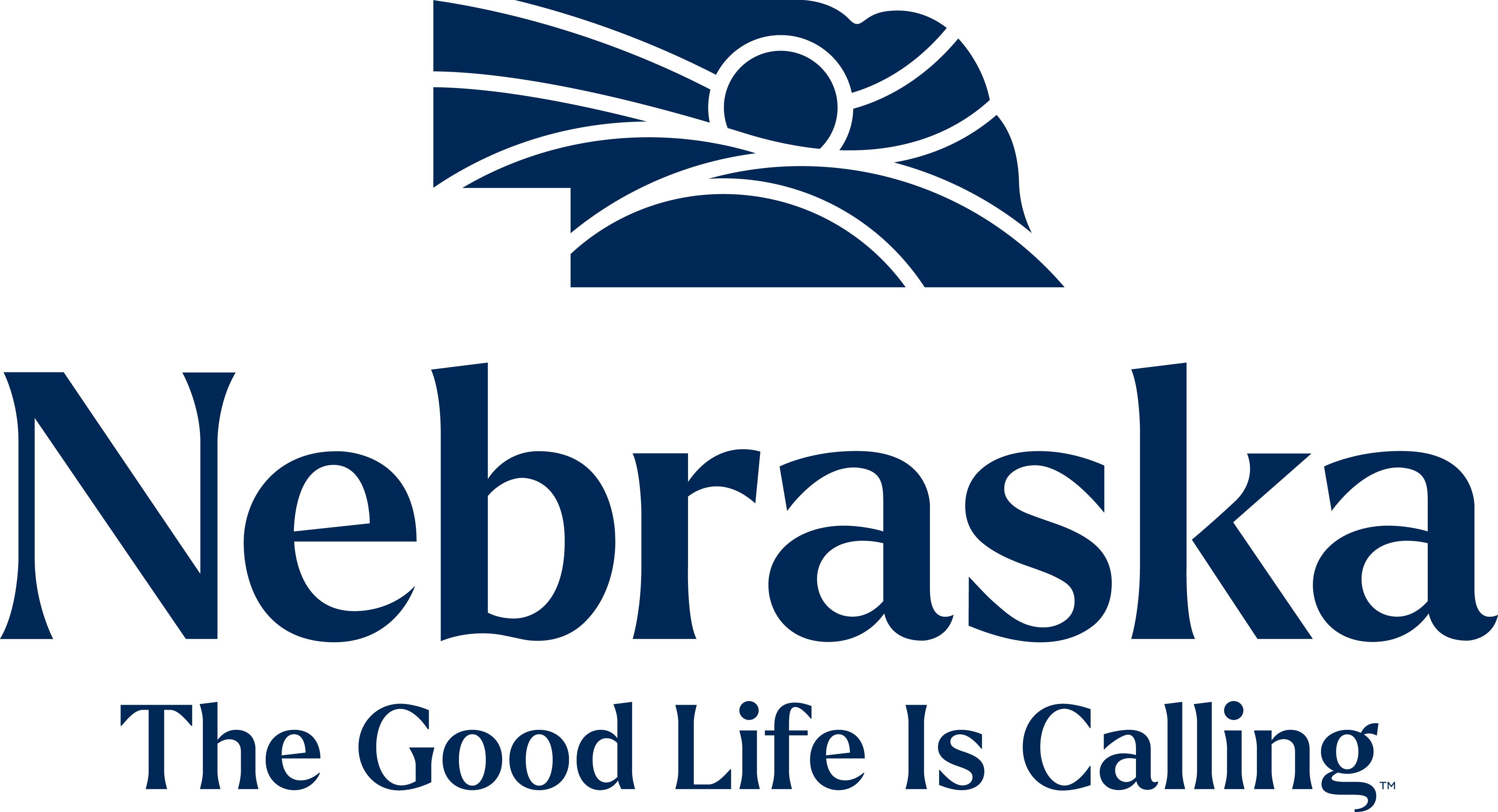Community Development Assistance Act (CDAA)

The Community Development Assistance Act enables DED to distribute a 40% state tax credit to businesses, corporations, insurance firms, financial institutions, and individuals that make eligible cash contributions or provide services and materials to approved community betterment projects.
A municipality, county, tribal authority, or non-profit community betterment organization can apply for CDAA tax credits through DED. Once the project is approved, the organization can notify donors that they’re eligible for tax credits.
What Qualifies?
- Employment training.
- Human and medical services.
- Physical facility and neighborhood development services.
- Recreational and educational activities.
- Crime prevention.
Priority Projects
Projects deemed most important include those that:
- Substantially contribute to the area’s self‐help effort by building the capacity of local residents to address locally defined objectives.
- Result in the provision of essential services to low- and moderate-income persons, who are not adequately being provided for in the affected neighborhood and for which there are no readily available resources (provide a non‐duplicative service).
- Tangibly contribute to the development of lasting cooperation and public/private partnership efforts of area organizations and businesses.

The Limit
No more than $50,000 in state tax credits can be approved per project, per fiscal year. In most cases, the initial approved amount of tax credits is $25,000. The project director for an approved project may request that the number of tax credits involved increase by written request to the CDAA coordinator. Subject to legislative changes, a total of $350,000 in state tax credits can be allocated each fiscal year by the department.
How to Receive Tax Credits
After making an eligible contribution to an approved community betterment project, the business, corporation, insurance company, financial institution, or individual must complete and submit Form CDAA1 with proof of contribution to the department. Individuals must also submit a United States Citizenship Attestation Form. DED will then send the contributor a copy of the completed Form 1099NTC. The contributor must complete the Nebraska Department of Revenue’s Form CDN and attach the two forms to the contributor’s tax return.
Length to Claim a Credit
The tax credit must be claimed on the tax return for the year when the contribution is made. Any tax credit balance can be carried over and applied against the tax liability for the next five years immediately succeeding the tax year where the credit was first properly claimed and allowed.
Application Process
CDAA operates on an open cycle. Read the CDAA application to learn more about the application process and to apply.
Program Resources
| Title | File Type | Date |
|---|---|---|
| 6-Month Progress Report | July 14, 2022 | |
| Application & Guidelines | July 14, 2022 | |
| Attestation Form | January 31, 2022 | |
| CDAA – Q&A | January 31, 2022 | |
| CDAA Funding Sources | Excel | March 31, 2022 |
| Form-1: Tax Credit Request | April 12, 2022 | |
| Program Schedule | July 14, 2022 |
If you a Program Director with a current CDAA contract, and you would like to send any CDAA Form-1: Tax Credit Request documents, please click the link below and follow the instructions for uploading relevant documents:
https://nebraska.sharefile.com/r-rfbce2e8f7f4b47ddadd8fe84678f13dc
Have questions about CDAA tax credits?

